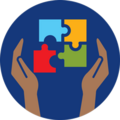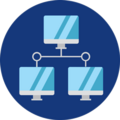SEED
What is SEED?
Creating Conversational Communities that Drive Change
Seeking Educational Equity and Diversity (SEED) is a peer-led professional development program that creates conversational communities to drive personal, organizational, and societal change toward greater equity and diversity.
SEED’s unique methodology involves
- Facilitating ongoing, structured, group conversations in which all voices can be heard
- Examining how our own stories relate to social systems
- Learning from the lessons of our own lives as well as from texts
- Turning oppression and privilege into agency and action
How does a SEED seminar differ from other kinds of leadership development?
SEED seminars include personal reflection and testimony, listening to others’ voices, and learning experientially and collectively. Through this, SEED equips us to connect our lives to one another and to society at large by acknowledging systems of oppression, power, and privilege—and challenges participants to push for change.
At the monthly seminars, participants engage in conversations with colleagues about things they really care about. There is no outside professional who delivers a canned workshop.Leaders of SEED seminars do not lecture. Instead, they lead their colleagues in experiential, interactive exercises and discussions, often stimulated by monthly films and readings. The seminars deepen participants’ understanding of themselves, expand their knowledge of the world, and point the way to making schools, colleges, and communities more inclusive.
Facilitators
- Alyn Eastin, Educational Improvement Consultant
- Kevin Siefker, Educational Improvement Consultant
- Kalyn Wulatin, Multilingual Consultant
- Dr. Terrance Scott, School Climate, Culture, and Equity Consultant
- Lisa Kaiser, School Climate, Culture, and Equity Consultant
Special note: One must have completed the SEED eight-series foundational PD to register for the Combined Cohort.
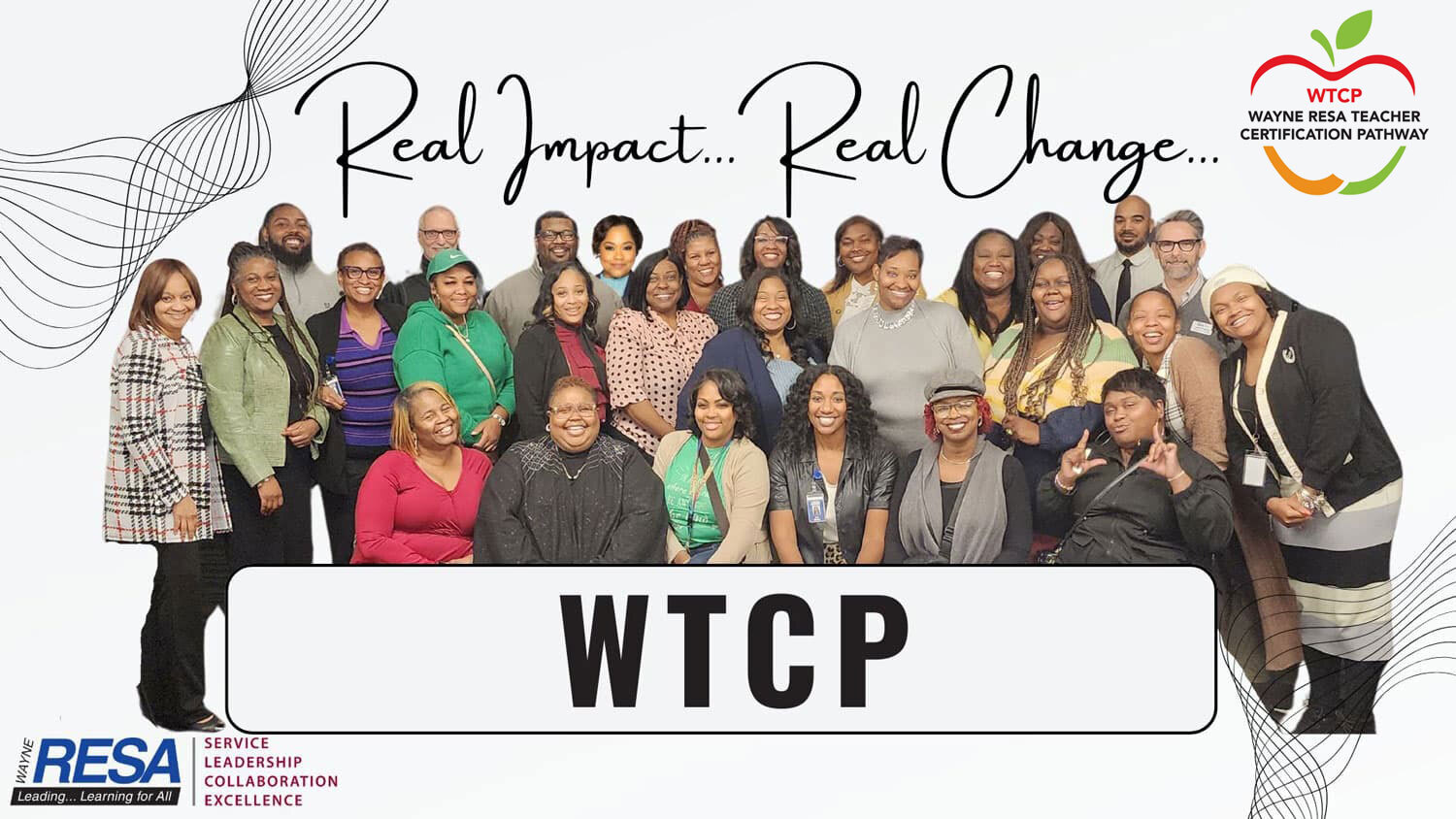
Cohorts 1-9
| Date | Time | Location |
|---|---|---|
| 10/7/25 | 9:00–11:00am | Online |
| 12/2/25 | 9:00–11:00am | Online |
| 2/3/26 | 9:00–11:00am | Online |
| 4/7/26 | 9:00–11:00am | Online |
| 6/2/26 | 9:00am–12:00pm | In Person – 223 |
Cohorts 1–9: 2025–26 Meeting Info
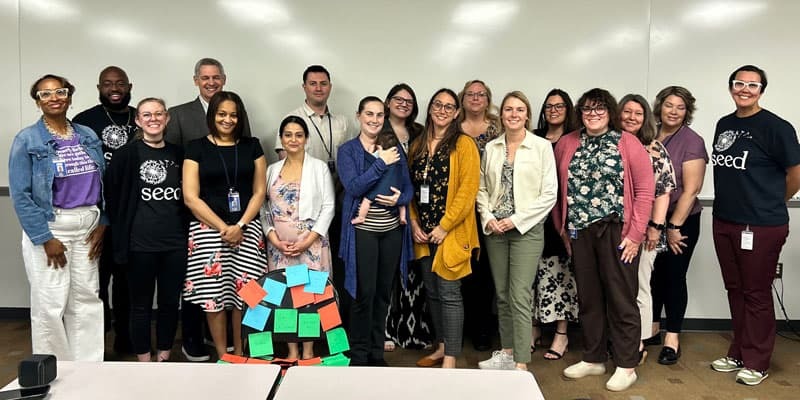
Combined Cohorts 1-8 - End of Year Celebration 2025
Cohort 10
| Date | Time | Location |
|---|---|---|
| 9/16/25 | 9:00–11:30am | Online |
| 10/21/25 | 9:00–11:30am | Online |
| 11/11/25 | 9:00–11:30am | Online |
| 1/20/26 | 9:00–11:30am | In Person – 223 |
| 2/17/26 | 9:00–11:30am | Online |
| 3/17/26 | 9:00–11:30am | Online |
| 4/21/26 | 9:00–11:30am | Online |
| 5/19/26 | 9:00–11:30am | Online |
| 6/2/26 | 9:00am–12:00pm | In Person – 223 |
Cohort 10: 2025–26 Meeting Info
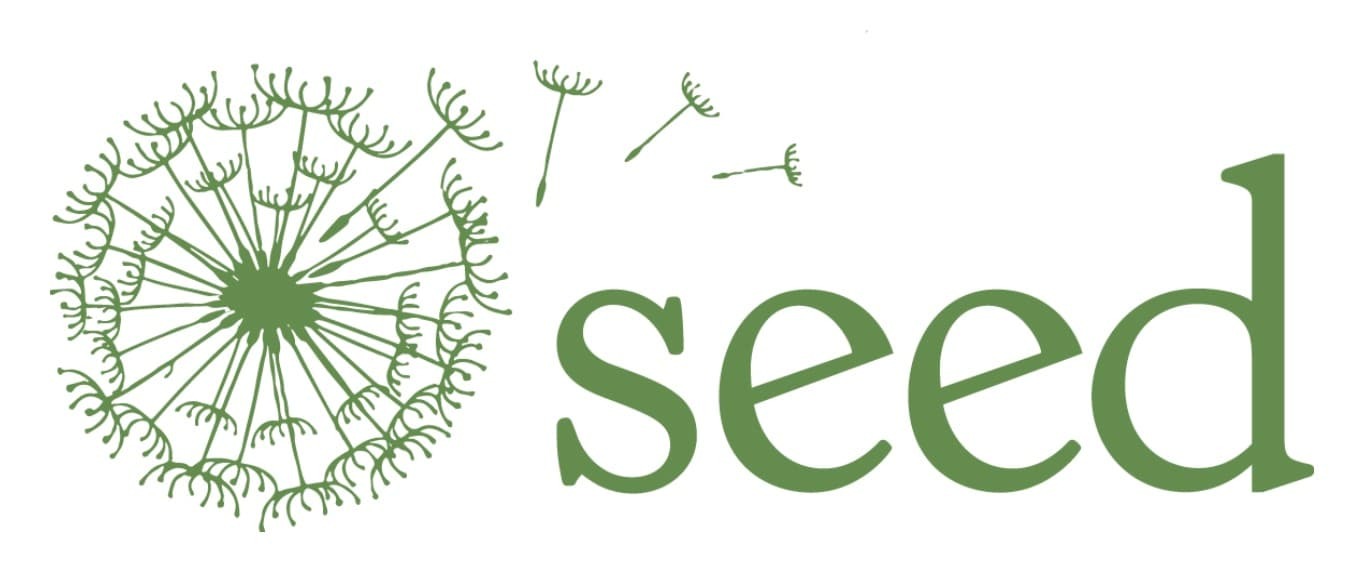
Testimonials
“My work with SEED, both as a member and now a facilitator, has been the most important professional work I have been involved in as a teacher.”
Elementary School Teacher
“Because of the new community bonds formed in our SEED seminars, and the administrative support of the SEED mission, our parents have become more comfortable advocating for both their own and others' children. SEED parents have noticed things our school could be doing better, and have gone to bat for others in our community. I think SEED has empowered our parents.”
Parent SEED Leader, Texas
“SEED is the best way I know to find time for the conversations we don't always get to have during the school day: conversations about ourselves, about the kind of community we aspire to be, about justice and injustice. The readings are always stimulating, the conversations are heartfelt, and the food is good.”
Secondary School Teacher, Arizona
“SEED is a life-changing program. It is something that simply can’t be taught. You have to experience it and live it. It was so much more than diversity work. It was life work, hard work, heart work.”
Elementary School Teacher, Philadelphia
What makes SEED Stand Out?
- SEED seminars start with the assumption that we are each the authorities on our own experience.
- SEED asks participants to look inward at how we were schooled to deal with diversity and connection, as a necessary prelude to creating school and community climates and curricula that more adequately equip young people, colleagues, community members, and others to do so.
- SEED takes a systemic approach to looking at oppression and privilege, rather than seeing them only as individual choices.
- SEED acknowledges that diversity work is an ongoing process, not a one-time training.
- SEED uses methods of intentionally structured group conversation to create environments that include input from all voices.
- SEED engages allies from dominant groups in listening, learning, and taking thoughtful strategic action to help break down patterns of oppression.
- SEED doesn't need a crisis to address the very real power dynamics of race, class, gender, etc. that play out systemically in schools and communities to the detriment of all.
- SEED seminars put in place an ongoing constructive conversation about sometimes polarizing issues, thus making communities more competent to deal with crises when they do occur.







